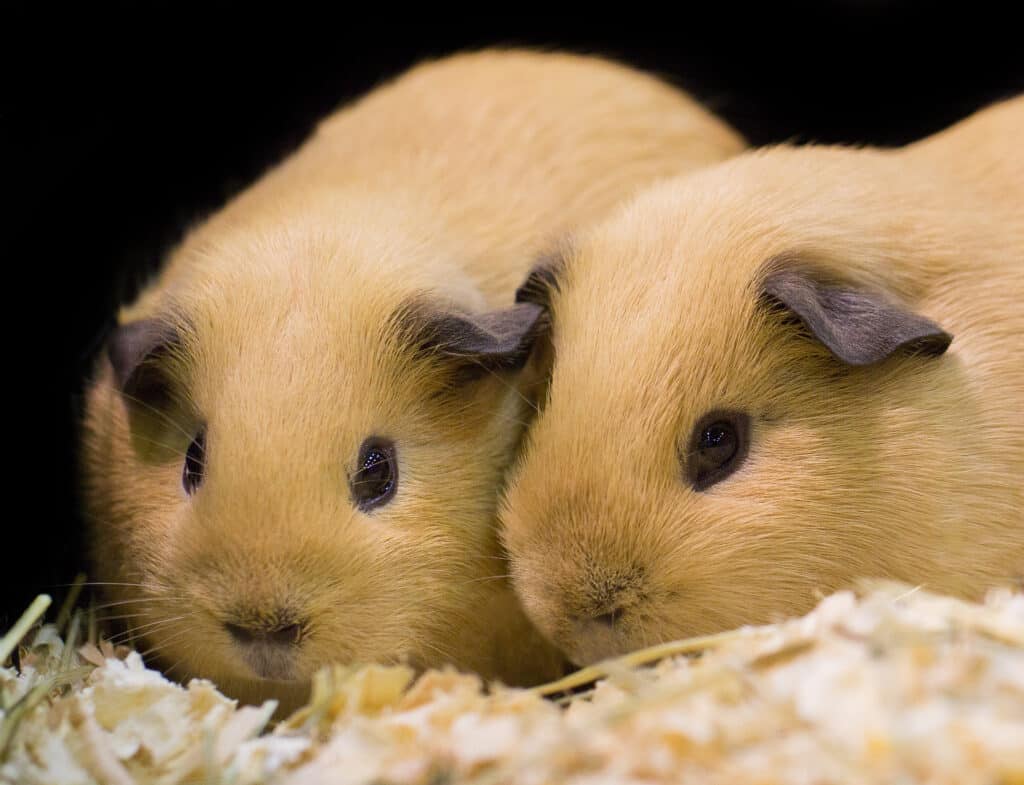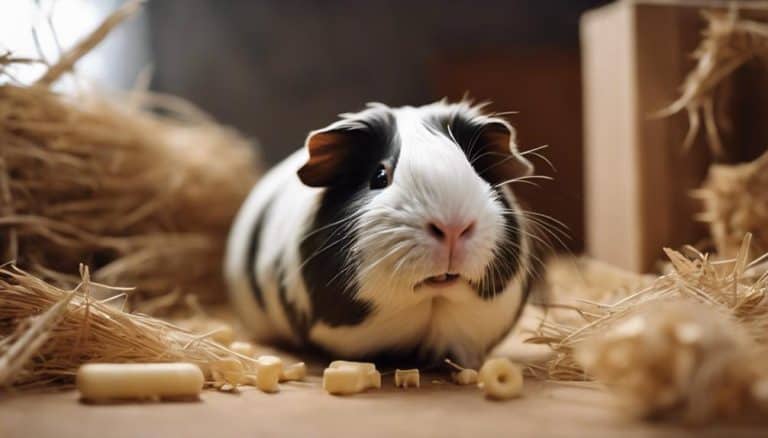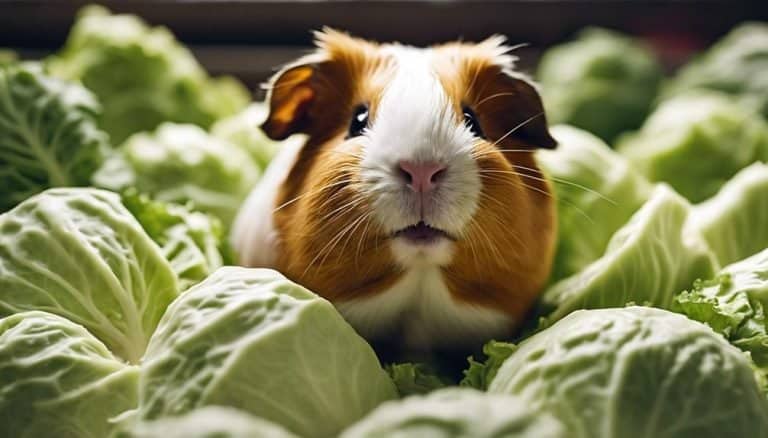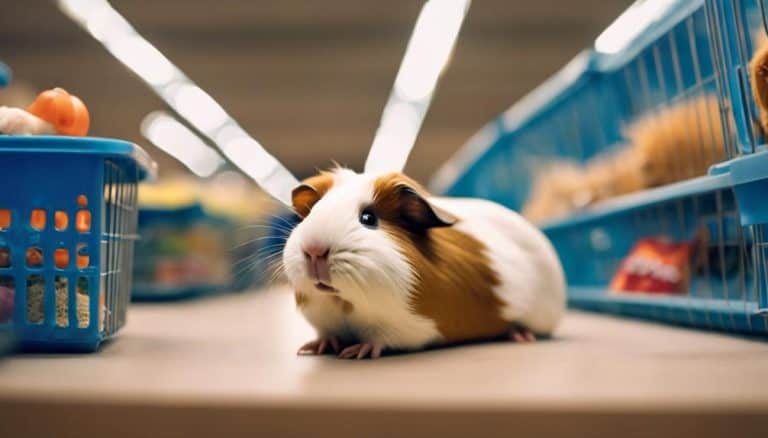Exploring Guinea Pig Care: Debunking the Myth – Can You Use Cat Litter for Guinea Pigs?
Guinea pig care is a topic that has been the subject of much debate and misinformation, particularly when it comes to their bedding. One commonly asked question among guinea pig owners is whether cat litter can be used as a suitable alternative.
In this article, we aim to explore this myth and provide you with reliable information on the best types of bedding for your furry companions. Join us as we debunk myths and shed light on proper guinea pig care practices.
The Importance of Choosing the Right Bedding for Guinea Pigs
Guinea pigs have sensitive respiratory systems, making it crucial to choose the right bedding for their living spaces. Using cat litter as bedding is not recommended due to its potential harm to guinea pigs.
- Dust control: Cat litter often contains dust particles that can irritate a guinea pig’s nasal passages and lungs. This can lead to respiratory issues like sneezing, coughing, or wheezing.
- Absorbency: Guinea pigs produce a lot of urine and need bedding that absorbs moisture effectively. Cat litter may not be able to absorb liquids well enough, leading to discomfort for your pet and an unpleasant odor in their cage.
- Comfort and safety: Guinea pigs need soft bedding materials that provide cushioning for their delicate feet. Some types of cat litter may be too rough or sharp, potentially causing injuries or abrasions on the pads of their paws.

Understanding the Risks of Using Cat Litter for Guinea Pigs
Using cat litter for guinea pigs can pose various risks and should be avoided for several reasons. Here are some important points to consider:
- Toxicity: Most cat litters contain substances like sodium bentonite or silica gel, which can be harmful when ingested by guinea pigs. These ingredients are not suitable for their delicate digestive systems and can lead to serious health issues.
- Dust inhalation: Cat litter often produces fine dust particles that can irritate a guinea pig’s respiratory system. Their small lungs may struggle to cope with this constant exposure, leading to respiratory problems such as coughing, sneezing, and even pneumonia.
- Clumping dangers: Many cat litters form clumps when wet, which is dangerous if ingested by guinea pigs. The clumps can cause blockages within their digestive tract or lead to dehydration if they absorb too much liquid from the gastrointestinal system.
- Odor control concerns: While controlling odors is essential in any pet environment, using scented cat litter could overwhelm your sensitive guinea pig’s sense of smell. It might lead them to stress or become anxious due to an unfamiliar fragrance overpowering their cage.
By understanding these risks associated with using cat litter for guinea pigs, it becomes clear why it’s best to opt for bedding materials specifically designed and formulated for their well-being and safety.
Remember: Always prioritize your little companion’s health above convenience!
Exploring Safe and Suitable Bedding Options for Guinea Pigs
Safe and Suitable Bedding Options for Guinea Pigs
When it comes to bedding options for your guinea pig, it’s important to prioritize their safety and comfort. While cat litter may seem like a convenient choice, it is not suitable for guinea pigs. Here are some alternative options that are safe and comfortable for your furry friend:
- Paper-based bedding: This type of bedding is made from recycled paper products and is highly absorbent, making it ideal for managing odors and moisture. It also provides a soft and cozy surface for your guinea pig to burrow in.
- Wood shavings: Choose kiln-dried or aspen wood shavings as they are safe for guinea pigs. Avoid cedar or pine shavings as they can release harmful aromatic oils.
- Fleece bedding: A popular choice among guinea pig owners, fleece bedding offers a soft and warm surface without the risk of small particles being ingested. Simply place absorbent liners underneath the fleece to manage urine.
Remember to regularly clean your guinea pig’s bedding to maintain hygiene and prevent any potential health issues.
Tips for Maintaining a Healthy and Comfortable Bedding Environment for Guinea Pigs
- Choose appropriate bedding material: Opt for bedding made specifically for guinea pigs, such as paper or wood shavings. Avoid using cat litter as it can be harmful to their health.
- Clean the bedding regularly: Remove soiled areas on a daily basis to maintain cleanliness. Replace the entire bedding at least once a week to prevent odor buildup and keep your guinea pig comfortable.
- Ensure proper ventilation: Good airflow is crucial in preventing respiratory issues. Use a cage with adequate ventilation, or if using an enclosure, make sure it has holes or mesh sides.
- Monitor humidity levels: Guinea pigs are sensitive to high humidity, which can lead to mold growth. Keep the environment well-ventilated and use dehumidifiers if necessary.
- Provide hiding spots and nesting materials: Give your guinea pig cozy spots where they can retreat and feel secure. Offer hay, shredded paper, or other suitable nesting materials for extra comfort.
By following these tips, you can create a healthy and comfortable beddingspaceforyourguineapig that promotes their overall well-being while ensuring easy maintenance.







